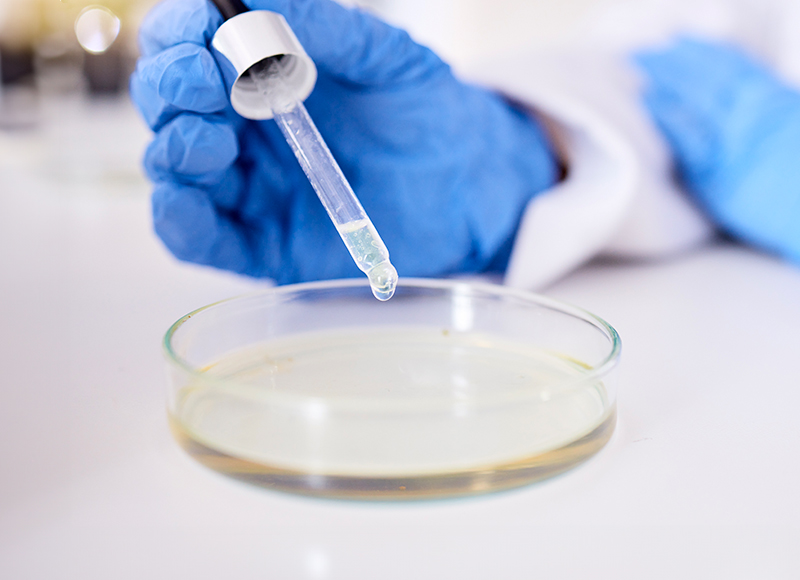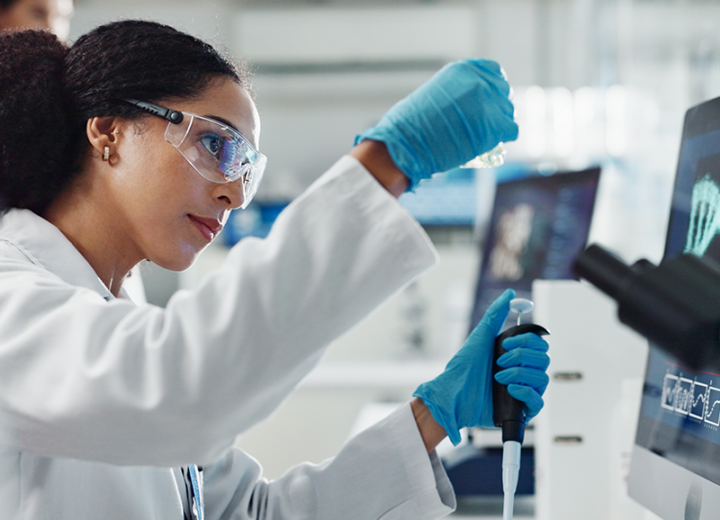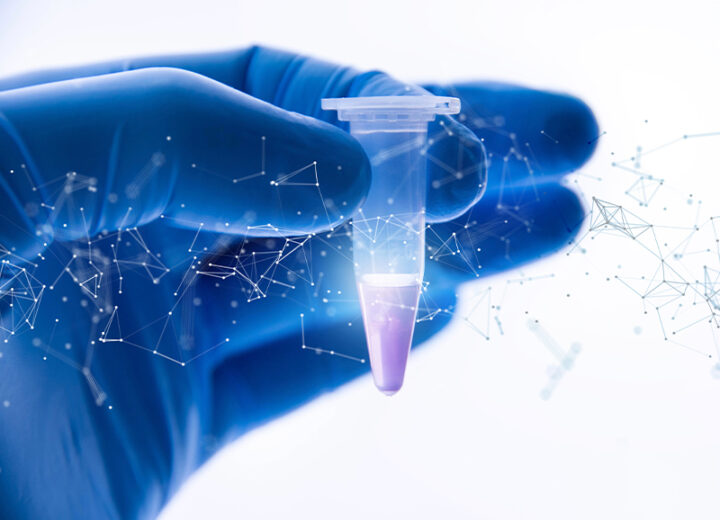3 July 2024
Overcoming the core challenges of recombinant protein development

Recombinant protein development is a cornerstone of modern biotechnology, enabling advances in medicine, agriculture, cosmetics and more.
However, producing them is fraught with challenges. In particular, with the product development phase. There, issues such as problems with the host organisms or operational difficulties can impede progress. Three core challenges involve:
- Protein toxicity
- Addressing protein folding
- Scaling up development
Below, we’re exploring these challenges in more detail, and discussing the innovative strategies and environments that are mitigating them. Read on to learn more!
Challenge #1: Protein toxicity
When a protein is toxic to its host, it can impair cell growth and viability, leading to low yields and compromised production efficiency.
So, how can you mitigate protein toxicity?
- Optimize host strains. One approach to overcoming protein toxicity is to use or engineer host strains that are more resilient to the toxic effects. By selecting strains with robust stress response mechanisms, developers can help mitigate the adverse impacts of toxic proteins.
- Regulate protein expression levels. Controlling the expression levels of the toxic protein is another effective strategy. This can be achieved through inducible promoters that regulate protein production, minimizing the impact on host cell health until conditions are optimal for expression.
- Employ secretion systems. Employing secretion systems to export the toxic protein out of the host cell can also reduce toxicity. Secreting the protein into the culture medium can create an intracellular environment conducive to cell growth and viability.
Challenge #2: Addressing protein folding
One of the critical challenges in recombinant protein production is ensuring proper folding and stability of the protein of interest. Misfolded proteins can lose their biological activity or trigger undesirable immune responses, rendering them ineffective or even harmful.
Some strategies to enhance protein folding include:
Chaperone co-expression
Co-expressing molecular chaperones with the target protein can support correct folding by facilitating proper protein folding pathways within the host cell.
Optimizing culture conditions
Fine-tuning culture conditions, such as temperature, pH, and nutrient availability, is crucial for promoting correct protein folding. These factors influence protein stability and solubility, affecting overall yield and quality.
Utilizing fusion tags
Fusion tags like His-tags or maltose-binding protein (MBP) can help in protein folding by providing additional stability during expression and purification processes.
Challenge #3: Scaling up development
Transitioning from small-scale laboratory production to large-scale industrial manufacturing poses significant challenges in maintaining consistency and efficiency.
Conducting process modelling and simulation helps to anticipate challenges and optimize production parameters before scaling up. This approach minimizes risks and enhances efficiency during large-scale production.
Implementing real-time monitoring systems and automated controls in bioreactors ensures uniformity in production conditions, maximizing productivity and reducing variability. Performing comprehensive risk assessments at each stage of scale-up can also help, giving you an opportunity to identify potential bottlenecks or failure points. Once identified, mitigation strategies can be implemented that maintain production integrity.
How do I achieve successful recombinant protein production?
Beyond tackling toxicity, achieving consistent and high-yield production of recombinant proteins involves addressing several other challenges, such as maintaining stable expression systems.
Some strategies for enhancing production success include optimizing expression systems, using innovative production environments, and opting for advanced bioreactor technologies.
Optimizing expression systems is vital. For example, the baculovirus expression vector system (BEVS) in insect cells offers advantages in post-translational modifications, closely mimicking those in higher eukaryotes and ensuring functional protein production.
Leveraging novel environments is also critical for protein production.
Our approach of using cocoons as natural bioreactors is a prime example of this. This provides a controlled and biocompatible environment that vastly reduces costly infrastructure, all while enhancing scalability and consistency. In addition, the challenges of scale-up development are mitigated with cocoons, as there is no need to design a whole new upstream process as the production is scaled.
Employing advanced bioreactors with real-time monitoring and automation can also optimize production conditions, ensuring consistent yields and high-quality protein production.
RELATED: The future of recombinant proteins and innovation
Why Cocoon?
At Cocoon, we understand the complexities of recombinant protein development. Our innovative solutions are designed to address these challenges effectively, ensuring successful, high-yield and high-performance production outcomes.
Our tailored protein development services provide customized solutions to meet the unique requirements of each project.
From initial proof-of-concept to scaling and commercalization, we collaborate closely with clients to optimize every aspect of the production process. Our technical support teams are on hand to troubleshoot issues and refine protocols, ensuring the highest standards of yield, purity, and functionality.
Whether in healthcare, cellular agriculture, or other applications, we’re committed to ensuring that recombinant proteins are produced efficiently, reliably, and sustainably.
To explore how Cocoon can support your recombinant protein development needs, get in touch today.


